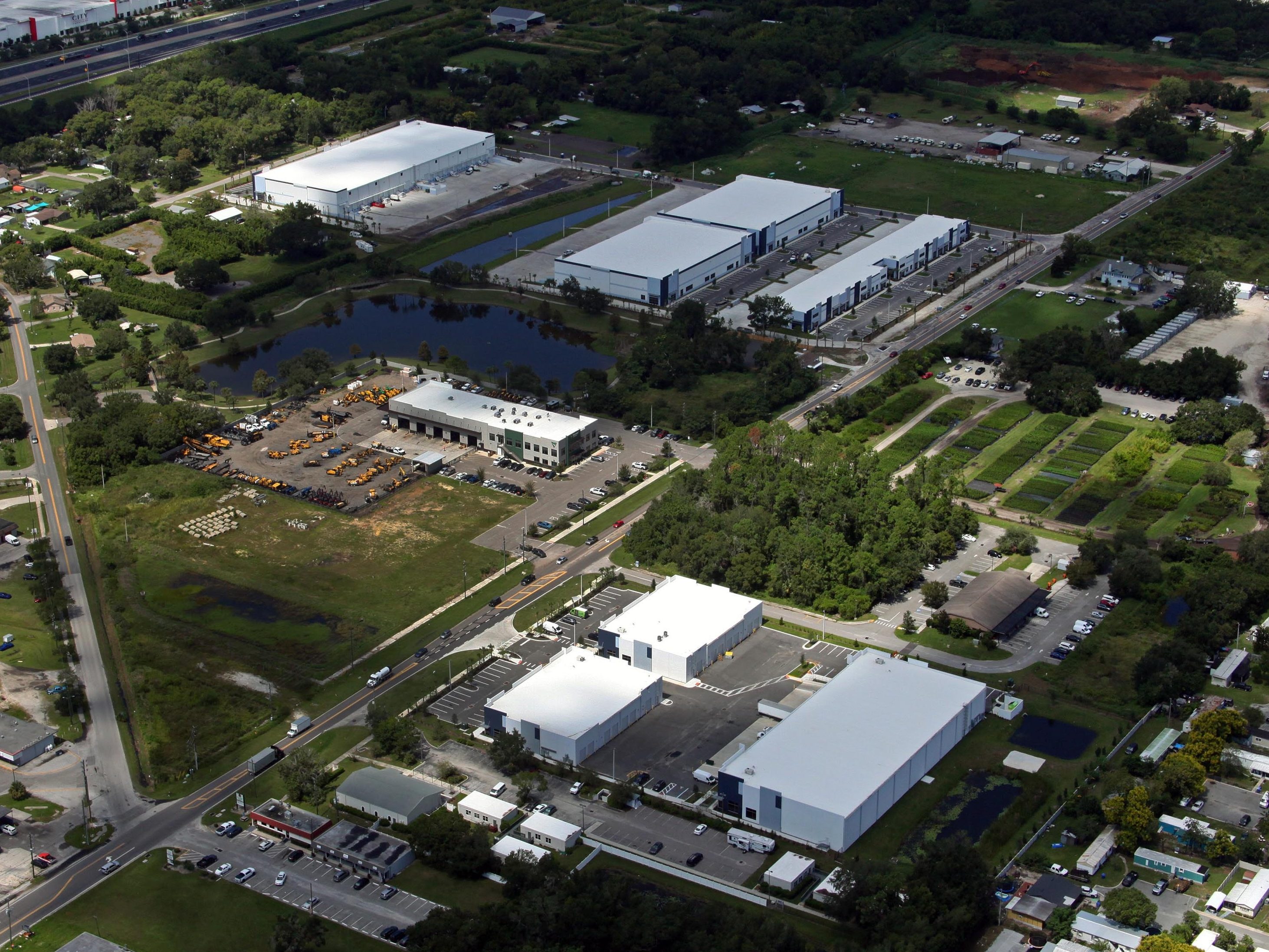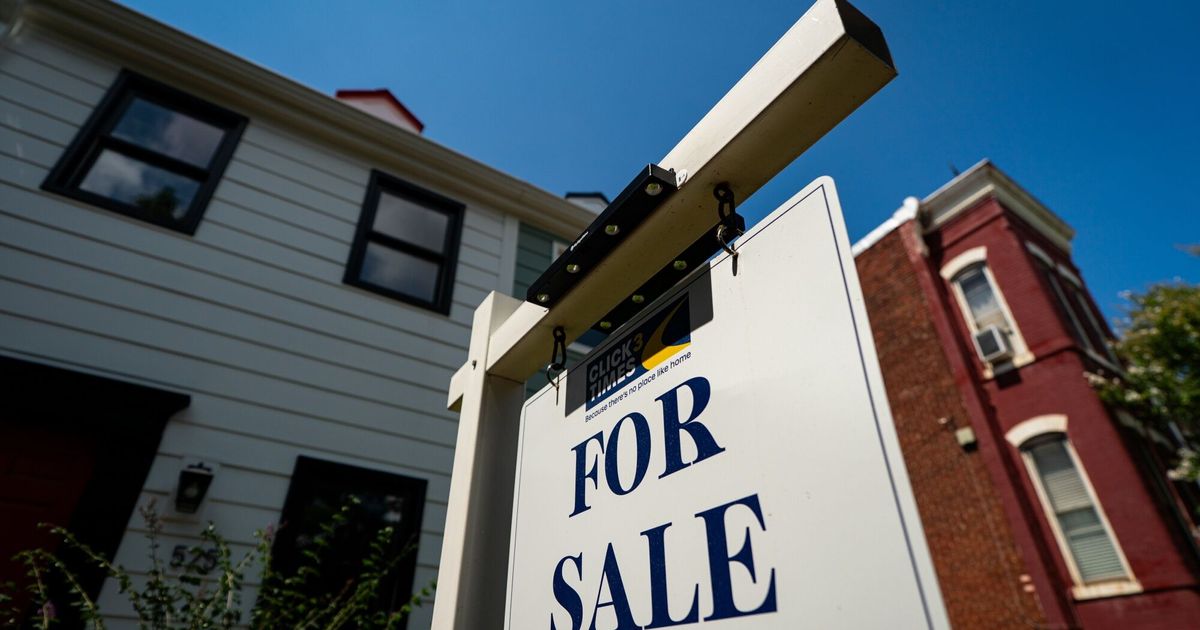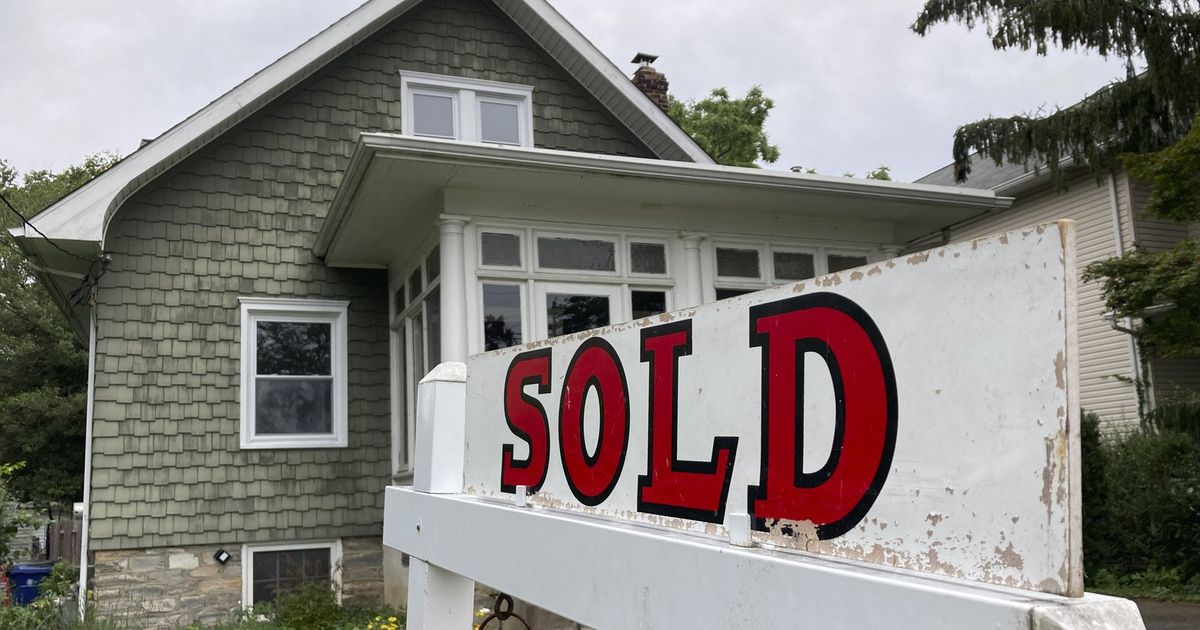Seattle’s cooling housing market is impacting more than just buyers and sellers. With fewer transactions and lower prices on the horizon, key city revenues are expected to fall.
City officials had to rework the budget this month after new forecasts showed Seattle will likely bring in tens of millions of dollars less than previously expected over the next two years, including a significant drop in real estate-related tax revenue.
As inflation persists, interest rates remain high and many people find themselves locked out of buying a home, forecasters expect “a dramatic decline in the number of homes sold and a modest decline in prices,” Ben Noble, director of the Seattle Office of Economic and Revenue Forecasts, told council members in early November.
That matters to the city budget because of a tax charged on each sale, called the real estate excise tax, or REET. The city now expects REET revenue to be $64 million lower than once expected between now and 2024.
Forecasters also expect a slowdown in new construction. That will likely mean less revenue from sales and business taxes.
The downturn underscores how the city’s budget relies on the ups and downs of the housing market. It could also preview the fallout from a slowdown in the building boom that has defined the city for the last decade.
On Monday, Seattle City Council budget chair Teresa Mosqueda unveiled her balancing package, incorporating requests from the mayor and council as well as the grim new revenue projections. The proposal trims projects funded by REET and, in some cases, swaps in other revenues. The budget was the result, she said, of “tough choices.”
Market drives gloomy outlook
Seattle’s $7 billion budget relies on an array of revenue sources, not all of them linked to the real estate market. But several key taxes track closely to home sales and cranes on the skyline.
Seattle and many other cities across the state charge a 0.5% REET on all property sales, based on the sale price. The revenues can only be used for certain capital projects, such as libraries, roads, sidewalks and, recently, affordable housing, and are often committed to pay back debt on those projects. (The state charges its own REET, which varies based on the sale price.)
Skyrocketing home prices and a rush of sales have increased those revenues in recent years. In 2021, Seattle brought in more than $112 million from the REET, up from $101 million in 2019.
Some decline was not a surprise. In earlier forecasts, the city expected to bring in $106.6 million in REET revenues this year and nearly $95 million each year in 2023 and 2024. However, now the city expects about $95.3 million this year, just $68.1 million in 2023 and $68.6 million in 2024.
Mosqueda’s proposal would reduce proposed spending on parks maintenance, sidewalk and bridge-painting projects and planning for seismic retrofits at libraries set to be funded by REET, among other budget shifts.
At the same time, sales taxes and business and occupation taxes are expected to fall short by about $22 million over three years. New construction accounts for roughly a quarter of the city’s sales tax revenues.
Property tax revenue, by contrast, is more stable because of state law that limits annual property tax increases to 1%, except for voter-approved measures. That means local governments didn’t see a huge influx when property values climbed in recent years and don’t expect to see a dramatic drop as the market slumps, Noble said. Seattle expects those revenues to fall short of earlier expectations by about $3.4 million over three years.
The REET will struggle not only because home prices are expected to decline slightly but because the volume of sales has already begun to slow significantly.
Home prices “don’t go down as quickly as they go up, usually. What happens is people just don’t sell,” said Steven Bourassa, chair of the University of Washington’s Runstad Department of Real Estate.
“On pause”
Commercial real estate investors are facing similar headwinds. Higher interest rates mean it’s more expensive for investors to borrow.
“Everyone is sort of on pause,” said Katie Parsons, a Seattle-based managing director in valuations for JLL, a commercial real estate firm.
The types of property still drawing significant investor interest aren’t a major part of the landscape in Seattle. Industrial land and storage facilities are attractive for investors, Parsons said.
As for the office market, tech layoffs and remote work point to a potential decline in demand for office towers like those in downtown Seattle. About 18% of downtown office space was vacant in the third quarter of this year, according to a JLL report.
Even so, big investors “still have quite a bit of capital” they will spend somewhere, Parsons said. She expects investors to stay interested in “trophy assets,” such as the newest office towers, while smaller and older office buildings could become less valuable.
Apartment buildings are likely to remain attractive for investors, Parsons and Noble said.
Seattle’s budget struggles highlight the link between the cooling market and the excise tax used by many cities across the state to fund basic projects.
If local governments “rely heavily on taxes that depend on real estate transactions in one way or another,” Bourassa said, “they are dependent on the housing cycle.”
For Seattle, taxes on new construction and real estate transactions are not the biggest revenues, but they are “significant,” Noble said in an interview.
That’s especially true because of the city’s growth. Compared to smaller cities such as Shoreline, Seattle “is potentially more vulnerable than its municipal neighbors because we have been the focus of a significant boom in construction,” Noble said.
What’s next
How long will Seattle’s bleak outlook last? That depends largely on interest rates, Noble said. The forecasts the city uses expect the housing market to recover if interest rates decline in 2024 or 2025.
“If interest rates stay high,” Bourassa said, “then the market is going to continue to be weak.”
Goldman Sachs predicts home prices will fall by 5% to 10% from their peak and start to rebound in late 2024.
Windermere economist Matthew Gardner predicted Monday that while home prices may decline, “it won’t be enough” to make homes affordable for first-time buyers.
Mosqueda said in an interview she sees the volatility as another argument for upzoning to draw in more development and, in turn, tax revenue. Townhomes, apartments and condos can help alleviate the housing shortage, she said. “It is also good for the bottom line for cities.”












![Day, not location changed for Bills-Steelers game [Updated] Day, not location changed for Bills-Steelers game [Updated]](https://i.kinja-img.com/image/upload/c_fill,h_675,pg_1,q_80,w_1200/794264ef6883750954e086bdb74def69.jpg)



